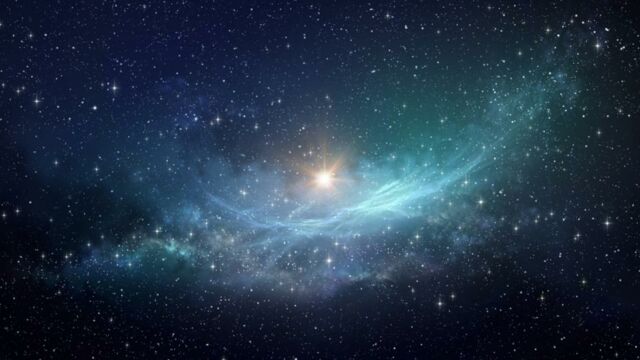Approximately 150 billion kilometers away from our Sun, astronomers have detected the exertion of a gravitational force on several floating objects in the Kuiper belt. According to them, these findings suggest that there might be a planet there. The fact that its orbit is beyond Neptune's would make it the ninth planet of our solar system. Based on the astronomers' calculations, the star would take 20,000 Earth years to make a complete orbit around the Solar System.
Discover our latest podcast
A collection of debris from the Big Bang, the Kuiper Belt is a huge region of space that extends beyond Neptune - Wikimedia Commons
A tiny black hole
But in 2015, two astronomers came up with a new theory: this "ninth planet" is not a planet, but rather a kind of miniature black hole that is small enough to fit in the palm of your hand, yet concentrates a phenomenal 5 to 10 times the mass of Earth.
This is the actual size of this mini black hole, according to the researchers - J. Scholtz, J. Unwin
Unlike the giant black holes we already know, which arise after a star collapses, this object is believed to be an agglomeration of primordial matter from our universe's early days that has survived until now.
Confirming this theory will require a lot of work from researchers, and will mainly consist of observing the sources of gamma and x-rays because black holes don't emit visible light. To magnify the impact of the research, NASA recently made a web portal that has a compilation of 750 million infrared images of the sky, so Internet users can participate in the detection of objects located on the edge of the Solar System by analyzing the images.















